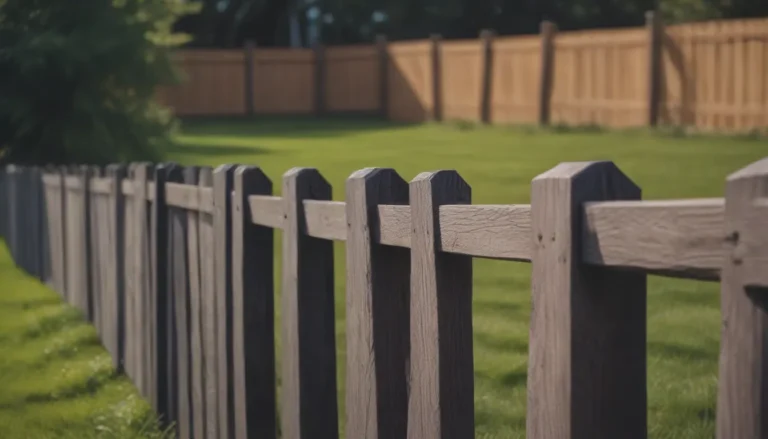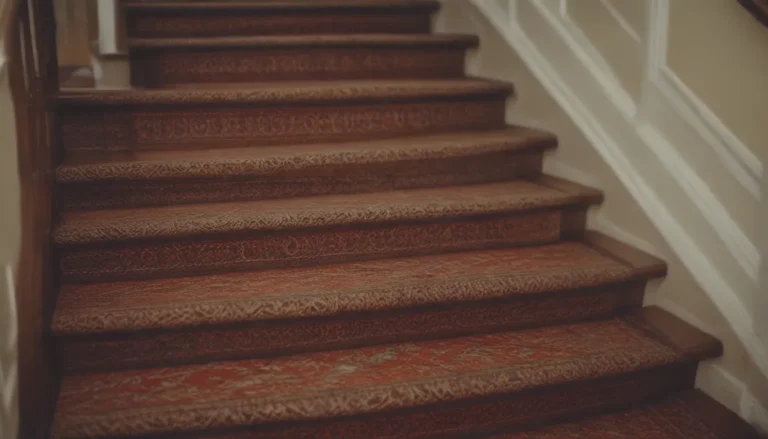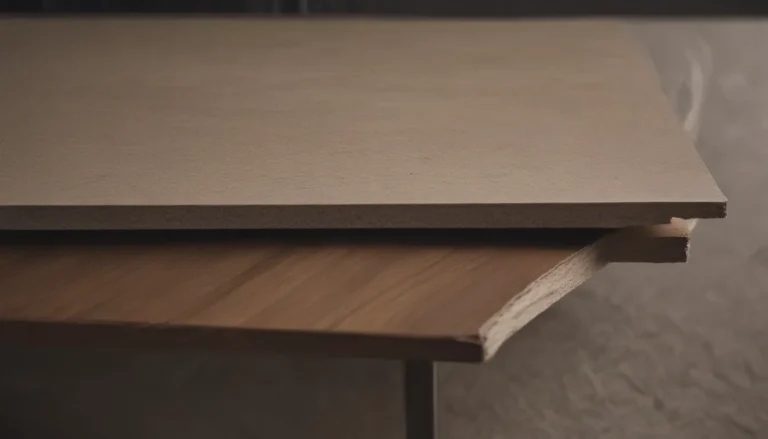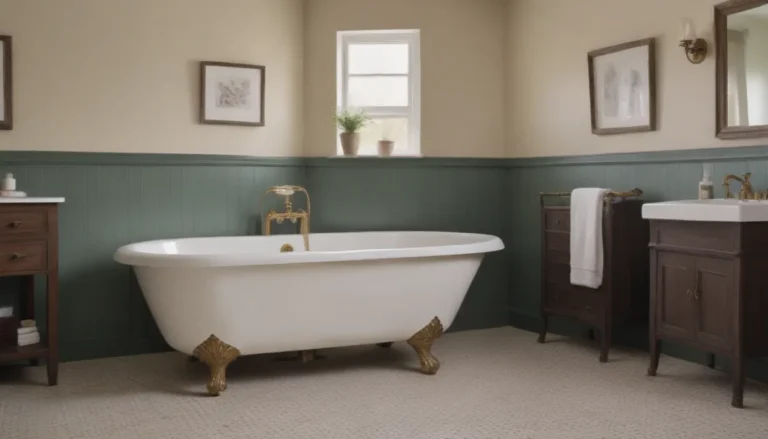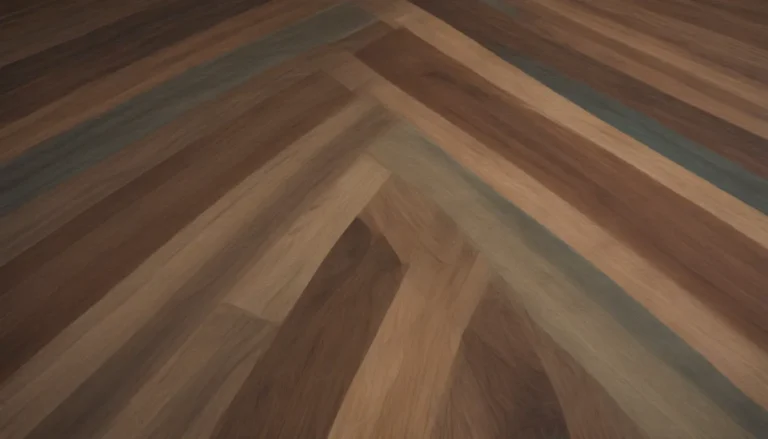Should You Repair or Replace Your Windows: A Comprehensive Guide
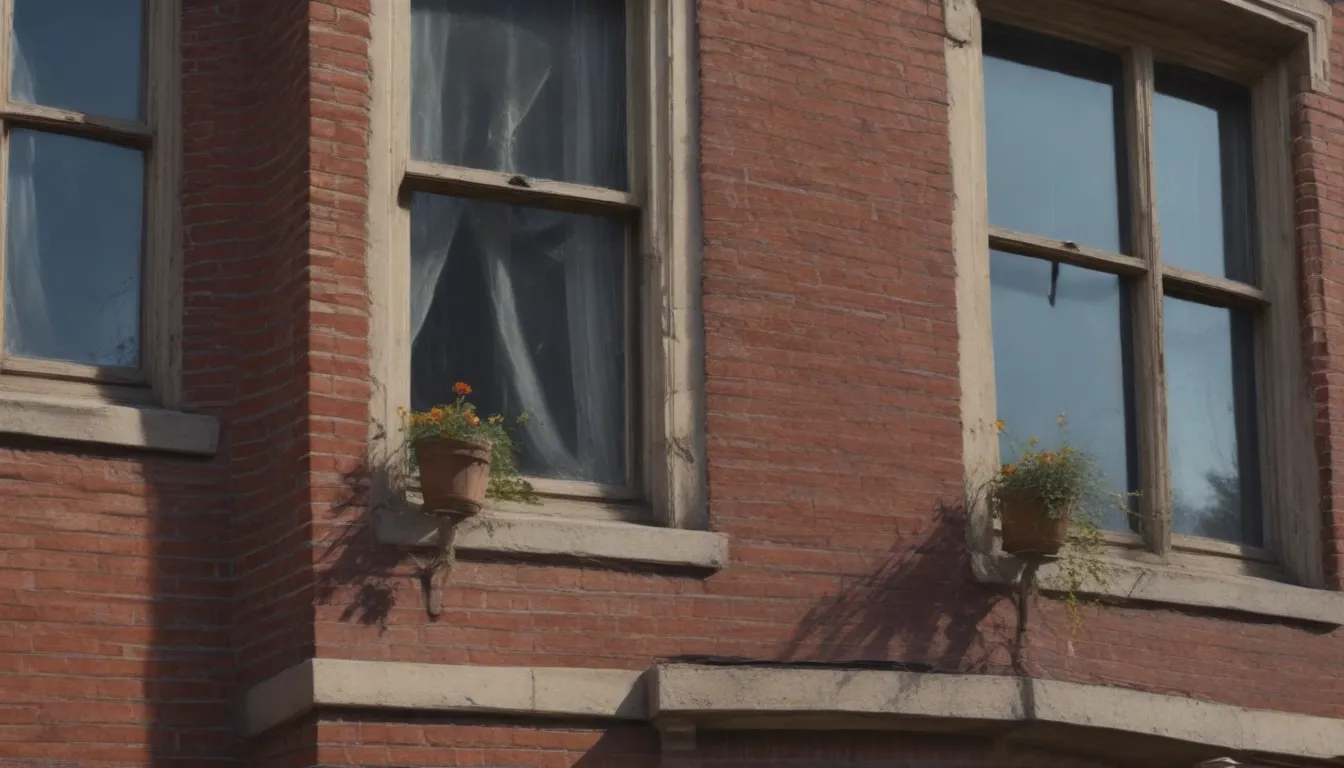
Are you faced with windows that are foggy, leaky, cold, cracked, or simply not functioning as they should be? The decision to repair or replace them can be a tough one for homeowners. While most would lean towards replacement, the high cost of whole-house replacement ranging from $7,000 to $18,000 can be a deterrent. On the other hand, repairing windows is not always a walk in the park either. So, when is it best to repair or replace your windows? Let’s explore the factors to consider before making this important decision.
Factors to Consider Before Repairing Your Window
Broken Glass
If your window has broken glass, it’s usually a clear indication that it needs to be repaired. Ignoring broken glass not only compromises the security of your home but also allows for the elements to enter.
Single-Pane Windows
Single-pane windows are less energy-efficient compared to double-pane or triple-pane windows. If you’re looking to improve the energy efficiency of your home, consider replacing single-pane windows with more energy-efficient alternatives.
Slow-moving Sashes
Windows with sashes that are slow or stuck can be frustrating to operate. In some cases, this issue can be resolved through repairs. However, if the problem persists after repair attempts, it may be time to consider replacement.
Damaged Drip Cap
The drip cap is an important component of a window that helps prevent water from seeping into the frame. If your drip cap is damaged, it can lead to water leaks and structural issues. Repairing or replacing the drip cap is essential to ensure the integrity of your windows.
Poor Window Casing
Window casings play a significant role in protecting your windows from the elements. If you notice that your window casing is damaged or deteriorating, it’s important to address this issue promptly to prevent further damage.
Minor Water Leaks
Minor water leaks around your window can indicate issues with the sealant or flashing. While some minor leaks can be repaired, recurring leaks may be a sign of more significant structural problems that require window replacement.
Cost is an Issue
If you’re on a tight budget, repairing your windows may be a more cost-effective solution than replacing them. Consider the extent of the damage and weigh the costs of repair versus replacement before making a decision.
Factors to Consider Before Replacing Your Window
Foggy Windows
Foggy windows are often a result of failed seals in double-pane or triple-pane windows. While there are companies that specialize in fixing foggy windows, replacement may be the more practical solution in the long run.
Damaged Mullions or Muntins
Mullions and muntins are the vertical and horizontal dividers that create the grid pattern on a window. If these components are damaged, it can affect the integrity and aesthetics of your windows, warranting replacement.
Structural Problems
If your windows are experiencing structural issues such as sagging frames, warped sashes, or rotting wood, it may be time to replace them. Ignoring structural problems can lead to further damage to your home.
IGU Gas Leakage
Insulating gas leakage in double-pane or triple-pane windows can compromise their energy efficiency. If you notice condensation between the panes or a loss of insulating gas, it’s best to replace the windows to restore their functionality.
New House Purchase
If you’ve recently purchased a new home with outdated or damaged windows, replacing them can not only improve the aesthetics of your home but also enhance its energy efficiency and security.
Major Water Leakage
Significant water leakage around your windows can signal serious structural issues that may require window replacement. Addressing water leaks promptly is crucial to prevent further damage to your home.
Cost is Not an Issue
If budget is not a concern, replacing your windows can offer long-term benefits in terms of energy efficiency, durability, and aesthetics. Investing in high-quality windows can enhance the value of your home and improve your overall comfort.
Can a Foggy Window be Fixed?
A niche industry exists for fixing foggy windows by drilling tiny holes in the glass, removing the moist air within the Insulating Glass Unit (IGU), and then sealing up the glass again. While this technique can technically fix foggy windows, the availability of companies offering this service may be limited. In most cases, it may be more practical to replace the sash or window instead. However, if you do come across a company that specializes in fixing foggy windows in your area, it’s worth considering a consultation to explore your options.
In conclusion, the decision to repair or replace your windows depends on various factors such as the extent of damage, your budget, and your long-term goals for your home. By carefully evaluating these factors and considering the advice provided in this guide, you can make an informed decision that best suits your needs. Remember to prioritize the functionality, energy efficiency, and aesthetics of your windows to ensure a comfortable and secure living environment.
